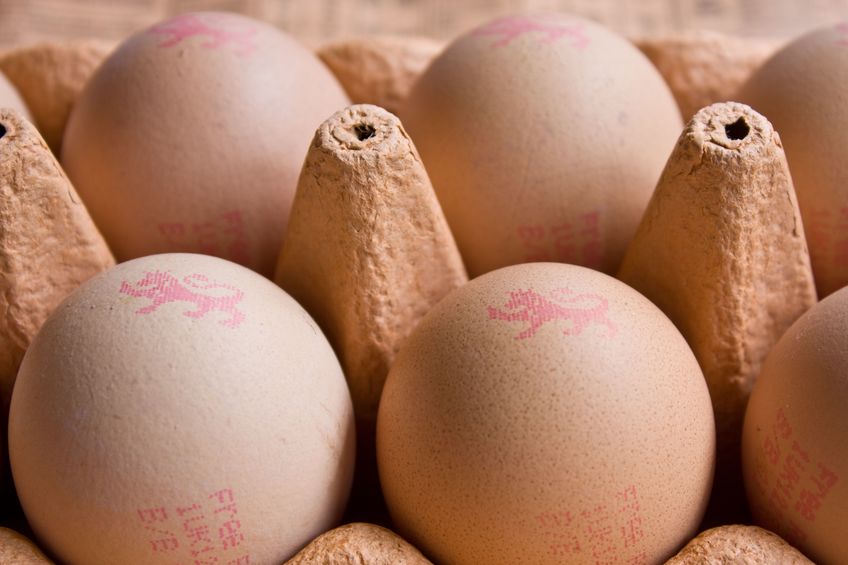
Egg prices have continued to increase over recent months as supermarkets adjust to ongoing shortages, figures show.
A number of major retailers have increased their prices over the last month, particularly on large free range eggs.
Asda raised the cost of 12 large free range eggs by 33p last month to £2.80, whilst Lidl and Morrisons also increased the price of the same eggs by 10 and 24p respectively.
These price rises are a continuation of the significant hike that all retailers have delivered in the previous months.
The cost of a dozen large free range eggs in both Sainsbury’s and Aldi has risen by 50p in the last year, whilst Tesco have raised the cost of 6 large free range eggs by 35p in the last year.
In late 2022 retailers were hit hard by shortages of eggs after producers cut back on production or left the industry altogether due to the soaring costs of production.
Some supermarkets are still seeing those shortages as a result.
The total UK laying flock dropped from nearly 39 million birds to just under 36 million between September last year and February 2023.
The strain of the shortage led some retailers to import eggs from abroad, including Sainsbury’s who sparked a strong backlash when they began selling Italian eggs in November.
There was also a rise in the amount of caged and barn production during the first two months of this year as the retailers worked to plug the shortfall on their shelves.
The data is now starting show signs of production increasing, with the free range flock growing by 250,000 birds since January.
However, despite this upturn, there is naturally a lag between the decision of producers to return to production and the availability of egg.
British Free Range Egg Producers Association (BFREPA) CEO Robert Gooch welcomed the higher prices, but explained that these are the increases the body had asked retailers for almost a year ago.
He said: “Egg prices have been one of the biggest risers on retail shelves and this has started feeding down through to producer prices.
"Producer prices are now 40p/dozen higher than a year ago, which is the price rise that BFREPA asked retailers for during its ‘Breaking Point campaign’ last April.
"Calls for price rises during the campaign were ignored by retailers at the time, but producer prices did start creeping upwards in the autumn, with larger rises feeding through during the first few months of this year."
Mr Gooch added: "We warned that there would be shortages in the run up to Christmas due to producers not restocking or giving up production due to poor prices, but retailers ignored our cautions.
"Industry data showed that the number of free range hens housed dropped every month from July to the end of the year, but it now looks as if the decline has bottomed out and hen numbers are starting to increase again."
A spokesperson from the British Egg Industry Council (BEIC) said that in order to ensure the egg supply chain can be sustainable in the longer term, each part needs to be profitable to enable future investment to take place.
The body said: “At the root of a sustainable egg industry is a supply chain that benefits everyone involved, and that is something we believe is achievable.
"The British industry is proud to produce eggs to the world-leading standards of the Lion scheme, and British consumers want to keep enjoying Lion eggs.
"In order to achieve that, we need a robust sector with all stakeholders focused on delivering a sustainable future."
